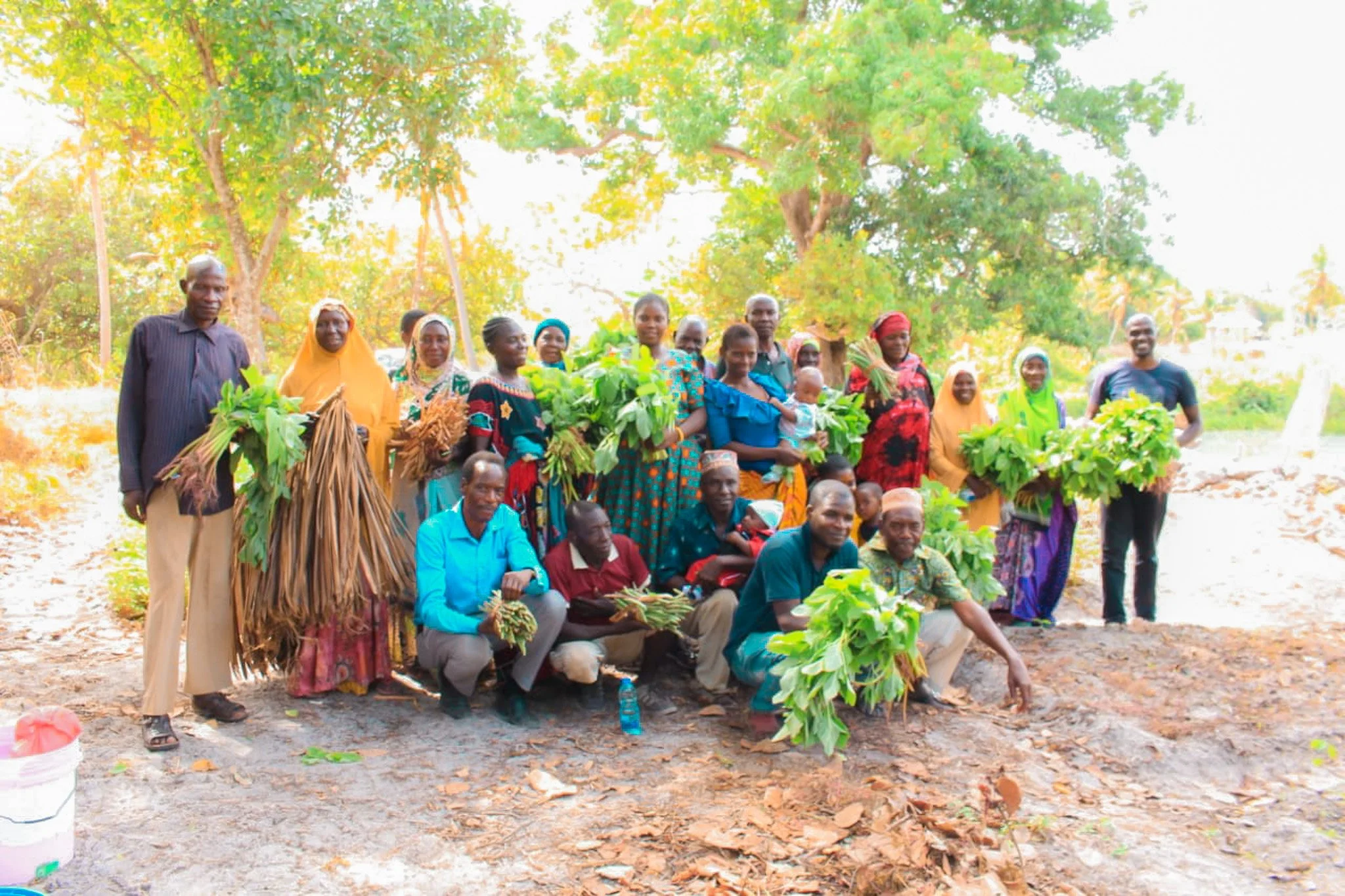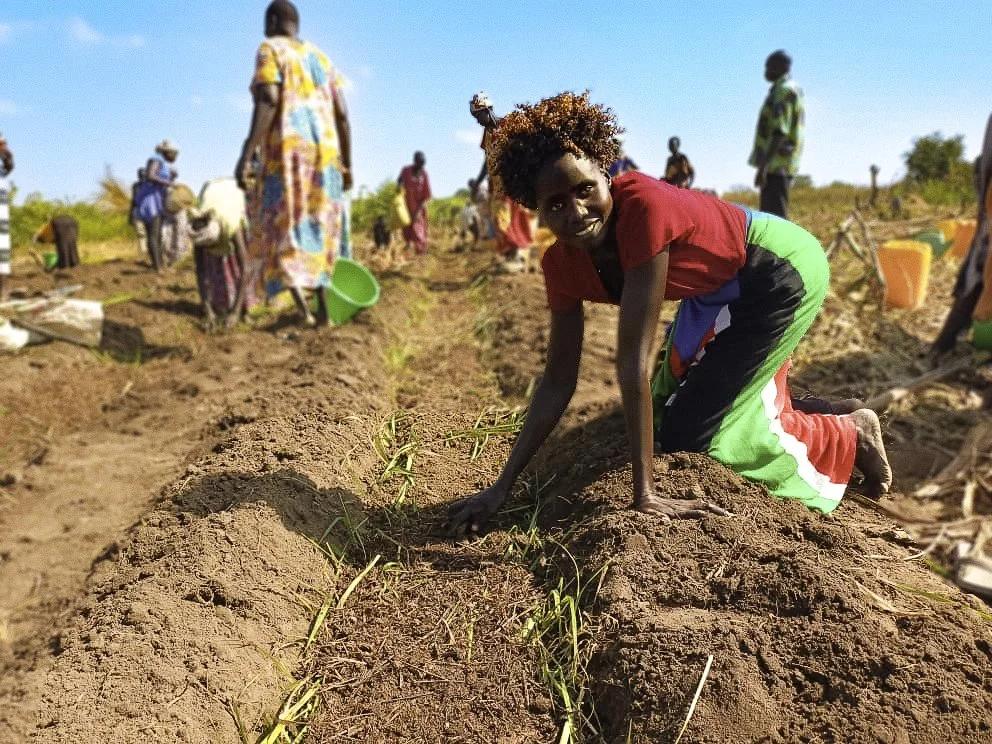Adaptive Farming: Cultivating Resilience and Sustainability
by David Reeves, Flint Co-Founder and Director of Programs
June 3, 2024
Adaptive Farming is more than just a technique; it's a mindset and a commitment to sustainably cultivating food in an ever-changing world. As we face climate shifts, resource constraints, and unpredictable challenges, farmers must be adaptable. Adaptive farmers embrace creativity, resilience, and holistic approaches to steward their land and nourish their communities. Flint is dedicated to teaching sustainable conservation agriculture, known as Adaptive Farming, because it has the power to bring about seismic shifts in both mindset and practice, leading to comprehensive changes in people's lives and their environments.
Guiding Principles
At its core, Adaptive Farming relies on flexibility, creativity, and specific principles for successful food production. These guiding principles include:
Holistic Stewardship: Adaptive farmers view their land, livestock, and community as interconnected systems. They consider the health of the soil, water, and biodiversity while providing sustenance to themselves and others.
High Standards: Successful agriculture requires a high work ethic and maintaining the highest standards of practice. There are no shortcuts in productive and successful farming.
Timeliness: Agricultural work must be done on time and at the right time. This principle is crucial for success in farming strategies and stewardship.
Diverse Skill Sets and Strategies: Adaptive Farming employs a variety of strategies and skills- from crop rotation and integrated pest management to agroforestry and regenerative practices such as mulching, tailored to local conditions.
No Resource Waste: Responsible use of financial and natural resources like rain, seeds, manure, and mulch material, is essential in an ever-changing world.
Continuous Feedback: Adaptive farmers establish feedback loops to analyze results, adjust practices, and evolve their enterprises based on local, season-to-season experiences.
Cultivating Joy: Adaptive farmers change the narrative that farming is a last resort. Farming can and should be a joyful and rewarding experience.
Sustainable Solutions to Major Problems
Adaptive Farming helps Flint create positive transformation while tackling several significant challenges faced by low-income farmers:
Changing Attitudes
The Green Revolution
The Green Revolution led many small-scale farmers to adopt inappropriate practices, associating success with large-scale farms and expensive inputs. Adaptive farming provides context-appropriate, productive, and profitable practices, restoring pride and effectiveness to farming.
Sustainable Processes
Climate Change
Adaptive Farming develops resilient food systems that withstand extreme weather, shifting seasons, and changing ecosystems. It empowers local farmers to become environmental healers through sustainable practices.
Positive Environmental Impact
Traditional Farming
Traditional farming has caused deforestation, habitat loss, and water abuse. Adaptive Farming promotes ecologically conscious, locally scaled, for-profit farming, reversing these damaging trends and promoting significant ecological changes.
High-Yield On Small Plots
Land and Food Scarcity
Many farmers work with small tracts or rented land. Adaptive farming enables large crop harvests on minimal land, addressing food scarcity and transforming farms into income-generating agribusinesses.
Much of the world's population relies on their own farming efforts for food and income, yet many struggle to sustain themselves. Flint is passionate about changing this narrative. Our Adaptive Farming curriculum and training invite farmers to reimagine their roles as food producers and land stewards. By embracing creativity, flexibility, resilience, and community, farmers can grow abundant, healthy food while fostering sustainable land stewardship for future generations.



